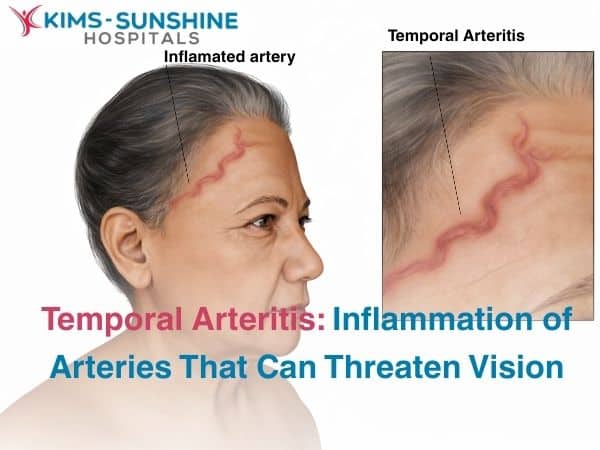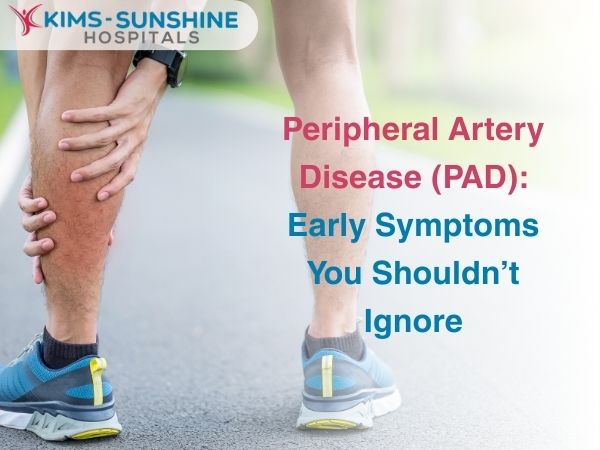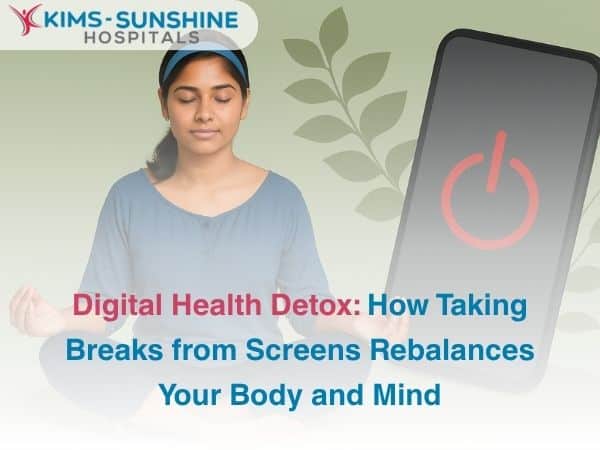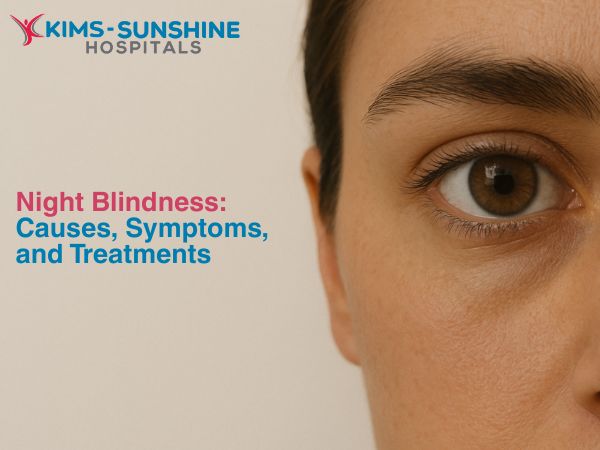
Night Blindness: Causes, Symptoms, and Treatments
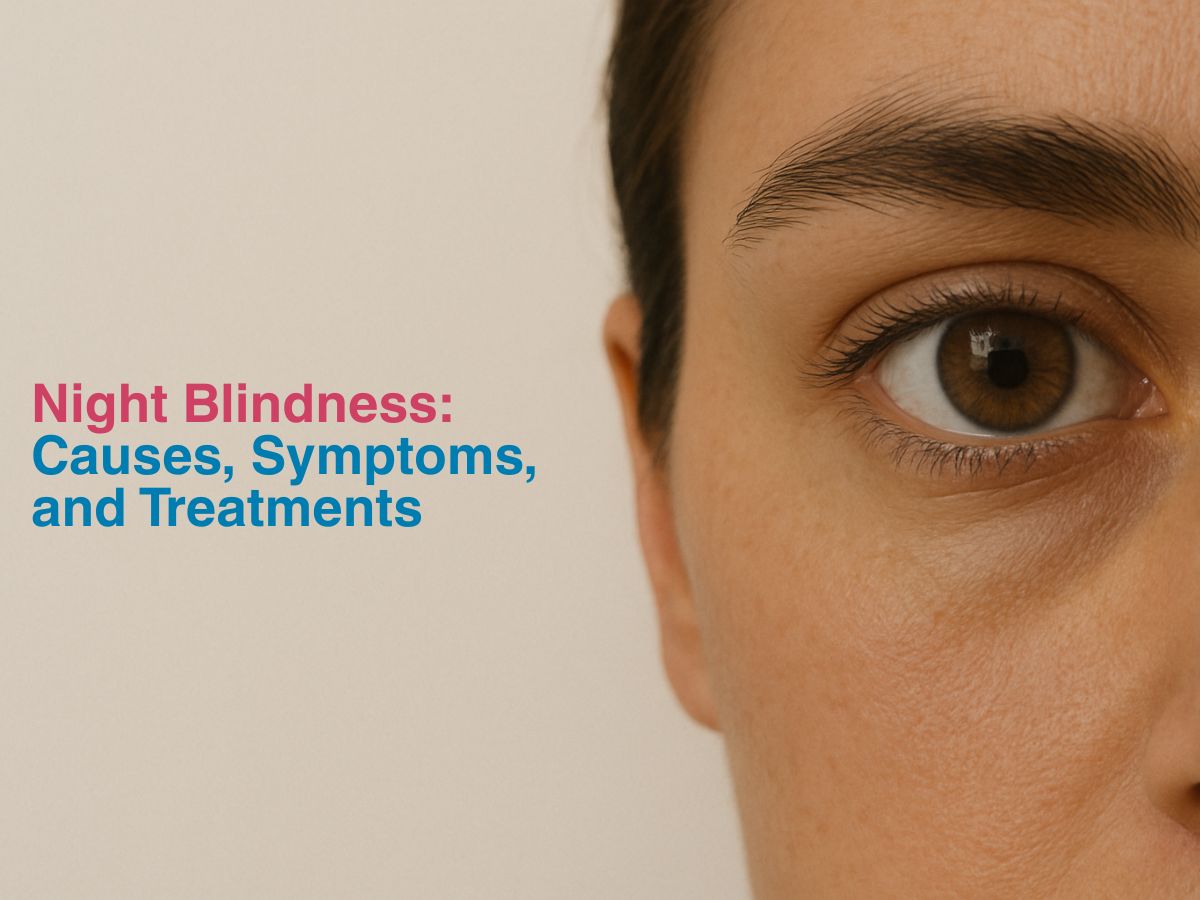
Night blindness or nyctalopia is a condition or symptom that is noticed when you cannot see things clearly in a dark or dim setting. This is either because your eye has trouble detecting available light, or if it is not able to adjust to changes in brightness. Being able to see clearly in a dark place is highly dependent on how well your iris and retina work. The iris is the coloured part of the eye, and in between has a pinpoint spot through which light can enter the eye. Due to its contraction and relaxation, changes in brightness are detected. If everything is normal, this smooth muscle in the iris will relax, allowing more light to enter the eye, while in bright places, you tend to squint or allow less amounts of light in. The retina is the part at the back of the eye which has neurons- that help detect light with the help of rod cells and cone cells respectively. Rod cells are the ones which help you see in the dark, while cones are good in bright or normal light settings and can decipher great amounts of detail.
What Causes Night Blindness And How To Treat It
The two possible reasons for you not being able to see properly in the dark are- there is some problem with the retina or there is some issue with the amount of light entering your eyes. The latter means it may be due to glaucoma, LASIK surgery or cataracts. The former means it is either Vitamin A deficiency or due to some genetic condition like retinitis pigmentosa, cone-rod dystrophy or some other related issue.
Can Vitamin A Deficiency Lead To Night Blindness?
Yes, as Vitamin A is needed by the retinal cells to produce a protein called rhodopsin- which is a pigment found in rod cells which help you see in the dark. Night blindness is the first sign to show up with deficiency of this important vitamin. If it continues, then you may have to deal with xerophthalmia- where your vision problems get worse and you have white spots on the cornea. Very severe, untreated Vitamin A deficiency can cause permanent blindness too.
Symptoms Of Night Blindness And How To Recognize Them
If you are not able to see properly or make out details in dimly lit or dark places, have blurry vision, dryness and have reduced peripheral vision, it is time you get yourself checked. Do NOT drive to your appointment and instead go with someone else. You may also trip on stuff if the place is not well lit. You may also have issues with glare, halos around light sources and photosensitivity.
Can Night Blindness Be Cured With Lifestyle Changes Or Supplements?
If Vitamin A deficiency is the cause for night blindness, then you can supplement with Vitamin A capsules to get better. Cataracts can be surgically removed for you to become better too. But, with other causes like genetic issues, there is no cure and instead focusing on making sustainable lifestyle changes can help you attain a sense of normalcy for the most part. You can wear glasses as needed and get eye check ups done regularly. Make sure your house is properly lit. You need to include Vitamin A rich foods in your diet. Protect your eyes in bright sunlight.
Conclusion
Night blindness affects a significant number of women more than men and in India, this is especially true. It is mainly due to Vitamin A deficiency, which is easily treatable with supplementation. Taking good care of your eyes is crucial at any time, but especially necessary when you have conditions like this. Use protective eyewear, ensure that your blood pressure and glucose levels are within acceptable range and try not to smoke or drink too much. This will greatly help you retain vision, the majority of times. Night blindness cannot always be cured, but it can be managed, so talk to your doctor and come up with a feasible plan for medication and to maintain your desired quality of life.
Frequently Asked Questions
What is night blindness, and how does it affect vision at night?
Can vitamin A deficiency cause night blindness?
Is night blindness a temporary or permanent condition?
How do eye conditions like cataracts contribute to night blindness?
Can wearing glasses or contact lenses help with night blindness?


